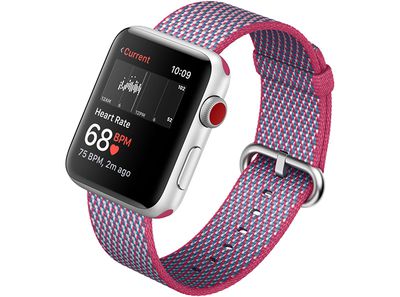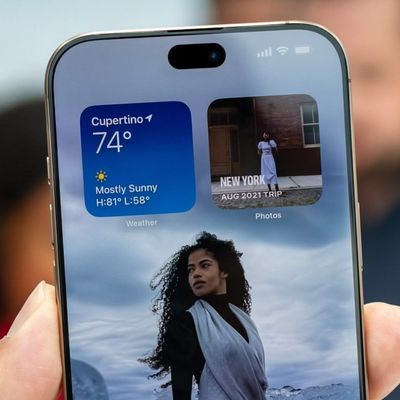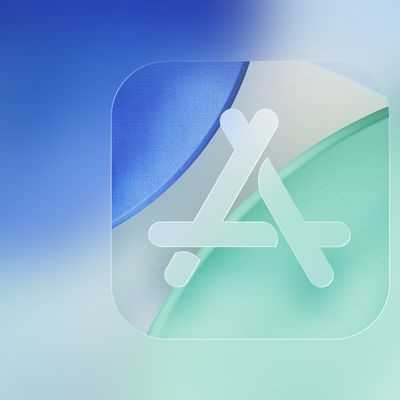The Apple Watch may be able to accurately detect hypertension and sleep apnea, according to a new study published today by the University of California San Francisco (UCSF) and Cardiogram, a company that's developed an app that breaks down heart rate data collected by the Apple Watch.
Using data collected from 6,115 Apple Watch owners and interpreted by Cardiogram's deep neural network "DeepHeart," the study found that the neural network was able to recognize hypertension (aka high blood pressure) with 82 percent accuracy and sleep apnea with 90 percent accuracy.

Based on previously-established principles suggesting people with low heart rate variability are 1.44x more likely to develop hypertension and that algorithms can accurately determine sleep apnea by beat-to-beat rate variability, Cardiogram and UCSF researchers recruited people for a Health eHeart study and then trained the DeepHeart neural network to detect new variables.
Cardiogram co-founder Brandon Ballinger told TechCrunch the DeepHeart neural network was trained using data from 70 percent of participants, and then tested on the remaining 30 percent who were not used for training purposes. Of the 6,115 people who participated in the study, sleep apnea was detected in 1,016 participants and hypertension in 2,230.
The study results are promising enough that Cardiogram believes with additional research, wearables like the Apple Watch could be used as a cost effective way to test for hypertension and sleep apnea.
The result was accuracy high enough to support feasible, cost-effective, widely-deployable screening of hypertension and sleep apnea.
For sleep apnea, DeepHeart achieved an accuracy (c-statistic, or AUC ROC) of 90%, with several attractive operating points. For example, we can detect 52% of sleep apnea ( compared to 20% today) with a specificity of 97%. If a specificity of 82% is acceptable, then we can detect even more sleep apnea, about 75% of people. For hypertension, the AUC was 0.82, with an example operating point of 81% sensitivity at 63.2% specificity.
Cardiogram says that peer-reviewed clinical research will be necessary to further determine whether wearables are able to screen for major health conditions like sleep apnea and hypertension, but the research results will be translated into future Cardiogram features.
Cardiogram previously used the same neural network and Apple Watch data to determine that the Apple Watch is able to detect abnormal heart rate rhythms with 97 percent accuracy. This has led Apple team up with Stanford for its own study on whether the Apple Watch can detect abnormal health rhythms and common heart problems.
In the future, Cardiogram plans to expand its research to additional conditions like pre-diabetes and diabetes.




















